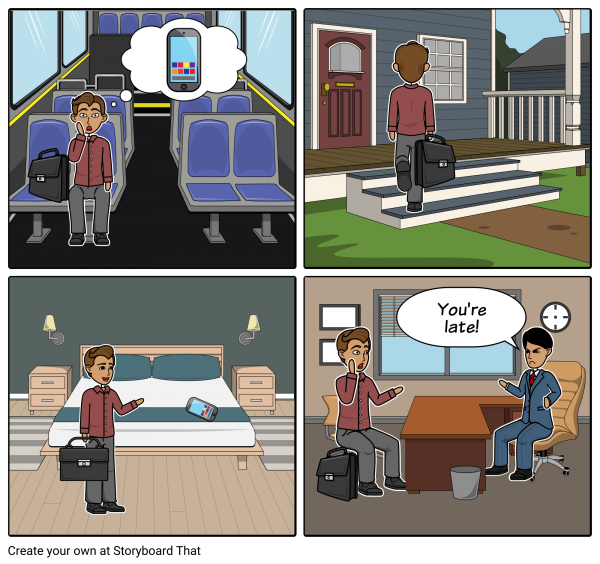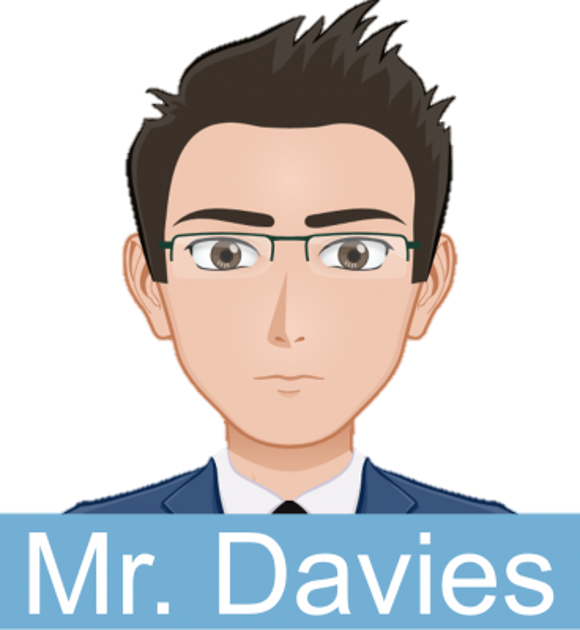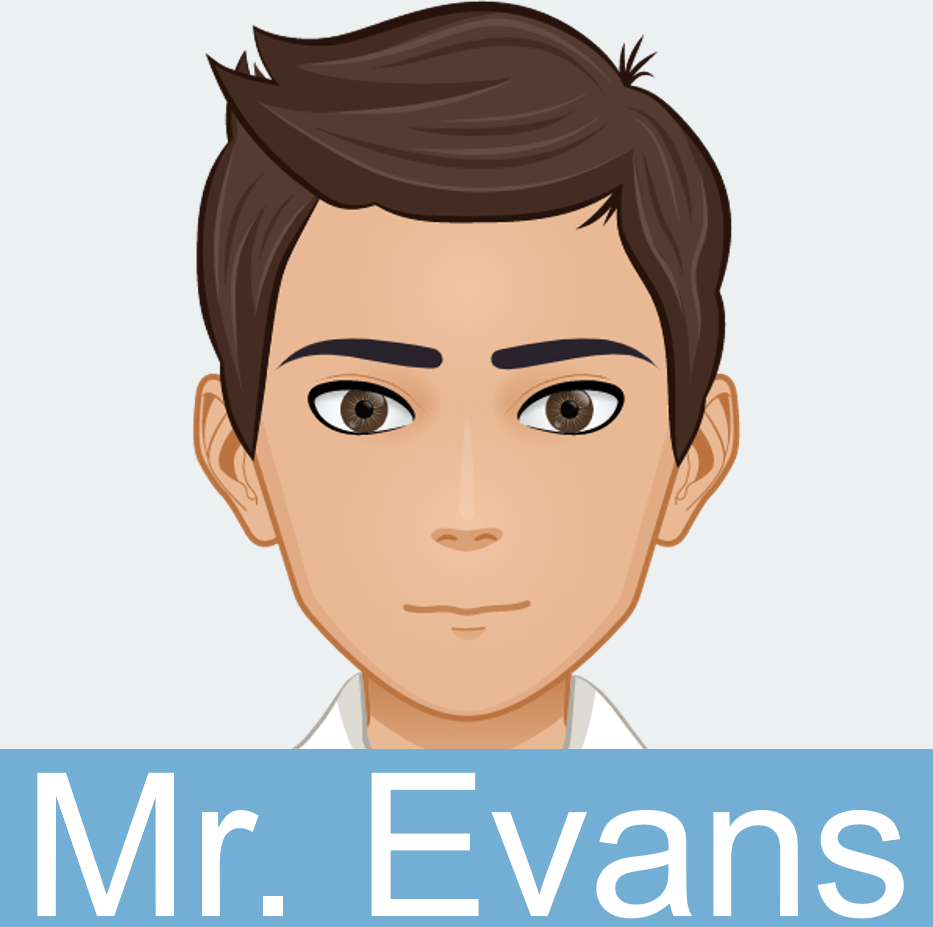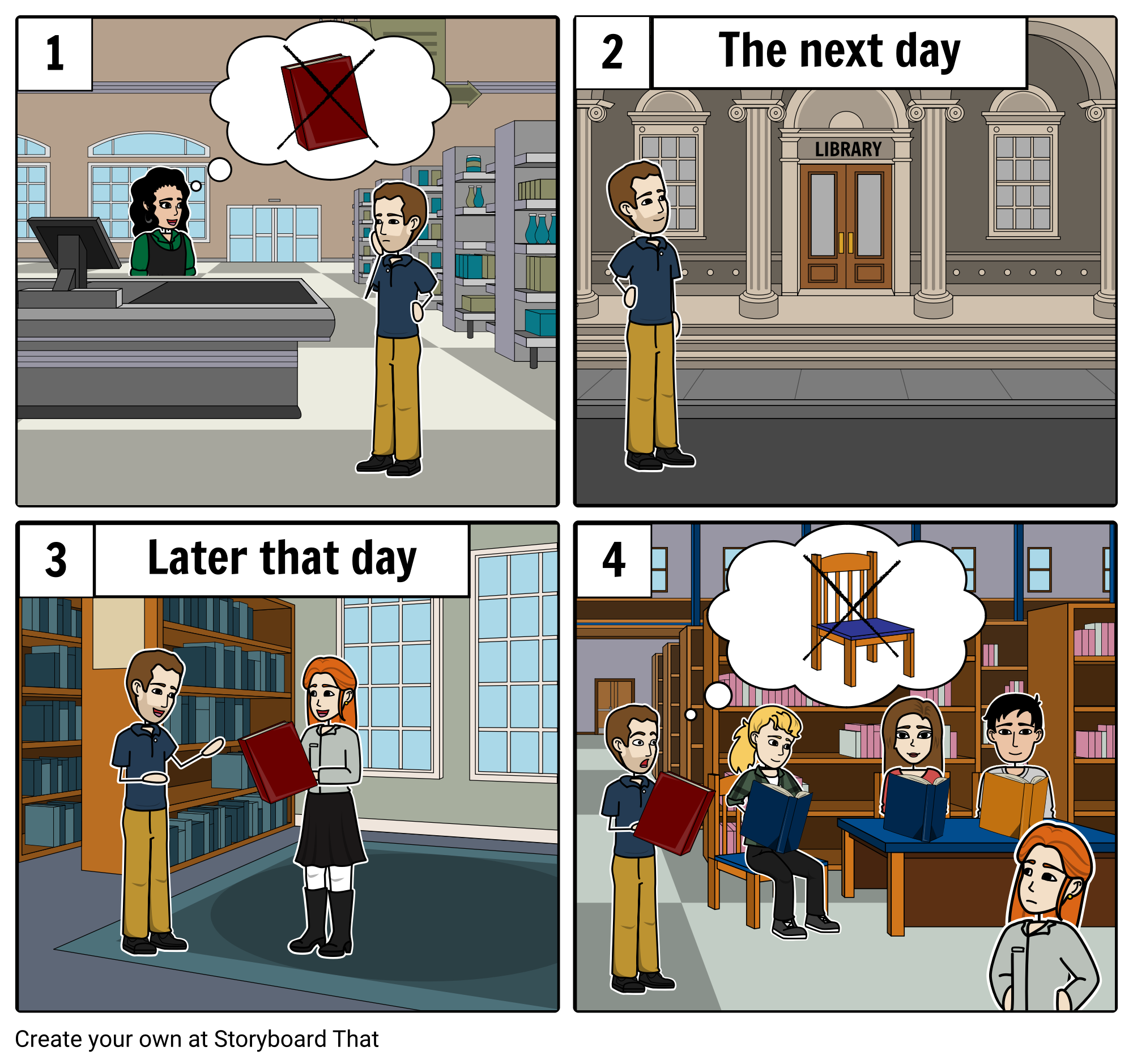Your tutor will ask you the following questions. Start your answer with “Yes” or “No” and explain your answer in 2 sentences.
Nowadays, many students are studying in other countries.
Do you want to study in another country?
If yes → In what country do you want to study?
If no → Why not?
Nowadays, some people like meeting famous people.
Do you like meeting famous people?
If yes → Who do you want to meet next?
If no → Why not?
Today, most people prefer watching sports to playing sports.
Do you also prefer watching sports?
If yes → What sport do you like to watch?
If no → Why not?
These days, some students prefer to study at coffee shops.
Do you like studying at coffee shops?
If yes → Why?
If no → Where do you like to study?
Nowadays, some people spend most of their time doing their hobbies.
Do you spend a lot of time on your hobbies?
If yes → Please tell me more.
If no → What do you usually do during your free time?
Nowadays, many people like reading fashion magazines.
Do you like reading fashion magazines?
If yes → Why?
If no → What do you like to read?
These days, many people like mountain climbing.
Do you like mountain climbing?
If yes → Please tell me more.
If no → What kind of activities do you like?
Nowadays, many students like watching movies about history.
Do you like movies about history?
If yes → Please tell me more.
If no → What kind of movies do you like?
Today, many people like trying new restaurants.
Do you like trying new restaurants?
If yes → Why?
If no → What is your favorite restaurant?
Nowadays, many people like watching a lot of TV shows.
Do you like watching TV shows?
If yes → What TV show do you like the most?
If no → What do you like to watch?





